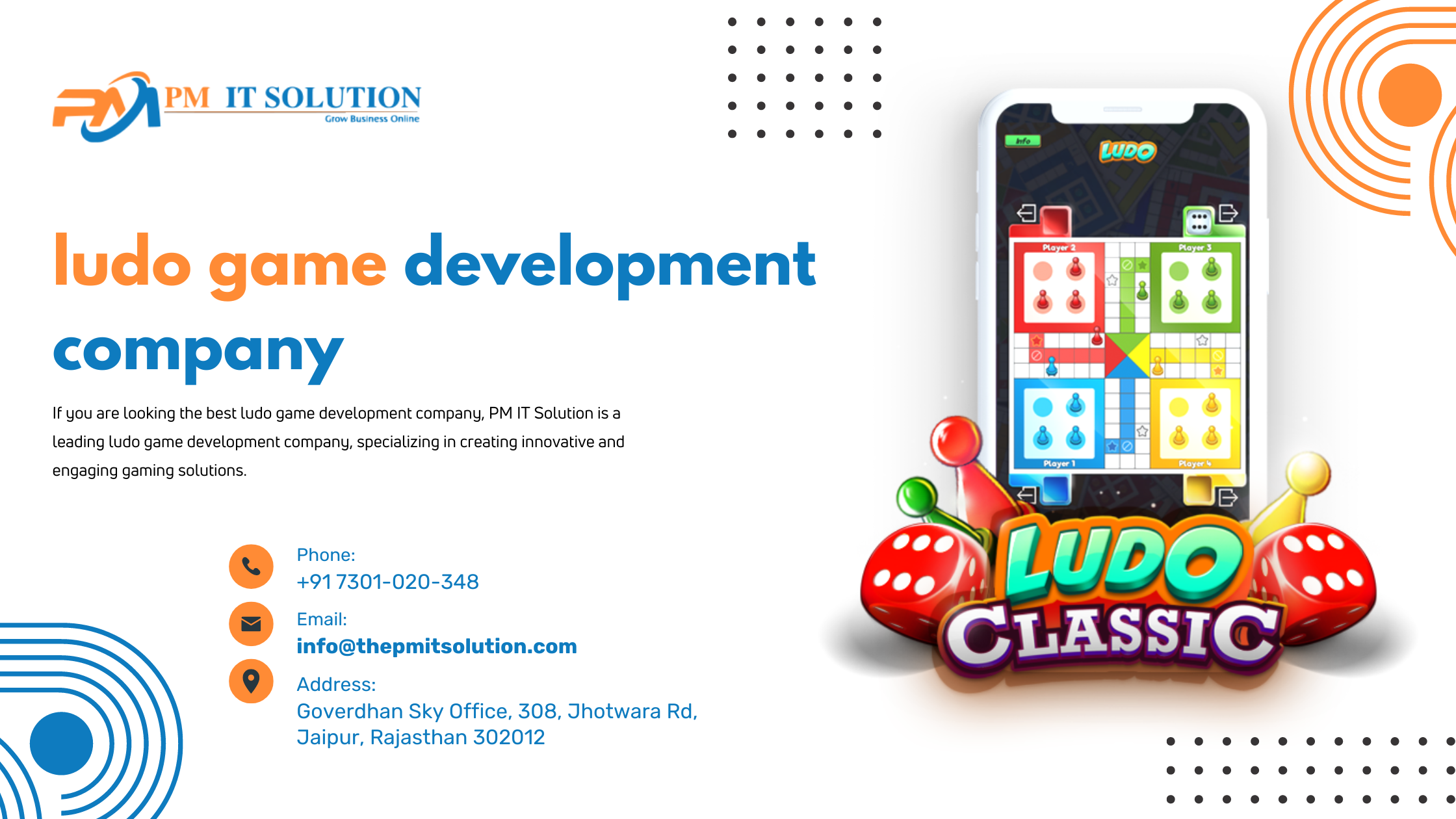As halal e-commerce continues to expand, online businesses face the opportunity to serve a rapidly growing market of consumers who prioritize halal-certified products. From food and cosmetics to fashion, halal e-commerce is more than a trend—it’s a reflection of consumer values and lifestyle choices that emphasize quality, ethics, and religious adherence. For halal e-commerce businesses, optimizing for SEO by understanding keywords and consumer behavior is essential to capture the attention of this dedicated market. This article outlines effective e-commerce SEO strategies tailored to the halal e-commerce sector.
Understanding Halal E-Commerce Consumer Trends
The halal consumer base is diverse but shares key preferences that make targeted SEO essential. Many halal consumers actively seek products that align with their religious beliefs and ethical standards, including halal-certified food, cruelty-free cosmetics, and modest fashion. According to recent reports, countries with significant Muslim populations, such as Saudi Arabia, Indonesia, and the UAE, have seen substantial increases in demand for halal products online. Understanding these specific consumer trends allows businesses to align their offerings and content more effectively.
For example, consumers often look for transparency regarding halal certifications and ethical sourcing. They value clear product descriptions and reassurance that brands meet halal standards, including the production processes and ingredient sourcing. Therefore, highlighting these elements on product pages and blog posts can attract halal-conscious shoppers.
Conducting Effective Keyword Research for Halal E-Commerce
Keyword research is the backbone of SEO and is especially important in halal e-commerce to ensure businesses reach the right audience. Here’s how to conduct keyword research tailored for halal e-commerce:
- Use Halal-Specific Terms: Keywords like “halal-certified,” “halal cosmetics,” and “halal meat delivery” are commonly used search terms by halal consumers. Including these in product pages and descriptions increases the likelihood of attracting users with specific intent.
- Leverage Long-Tail Keywords: Instead of only targeting broad terms like “halal food,” using long-tail keywords like “halal organic skincare products” or “halal snacks in Saudi Arabia” can improve rankings for more specific, high-intent searches.
- Include Location-Based Keywords: Many halal shoppers prefer to support local or regional businesses. Adding location-based keywords, such as “halal beauty products in Dubai” or “halal food delivery in Riyadh,” helps reach audiences searching for nearby options.
Tools like Google Keyword Planner, Ahrefs, and SEMrush can provide valuable insights into keyword volume, competitiveness, and trends. For seasonal or regional variations, Google Trends can reveal how interest in certain products or terms fluctuates, helping businesses plan content around high-demand periods.
Optimizing On-Page SEO for Halal Products
On-page SEO helps search engines and users understand the relevance of your content. In halal e-commerce, it’s essential to optimize product pages to highlight halal-related information clearly. Here’s how:
- Title Tags and Meta Descriptions: Include primary keywords in titles and meta descriptions to improve search visibility. For example, “Halal-Certified Skincare for All Skin Types” provides clarity to both users and search engines about the product’s halal status.
- Structured Product Information: Use headers to organize content on each page, including headers for “Ingredients,” “Certifications,” and “Customer Reviews.” Structured data and schema markup can be applied to categorize halal products more effectively, enhancing search engine understanding.
- Schema Markup: Adding schema markup for products can help your halal products stand out in search results. Using markup specific to product attributes and halal certifications increases the likelihood of appearing as a rich snippet, which can drive more organic clicks.
Creating Content That Aligns with Halal Consumer Values
Content marketing is a powerful tool for halal e-commerce businesses to build trust and authority. Halal consumers often look for educational content that explains halal standards, ingredient sourcing, and the production process. Here are some effective content ideas:
- Blog Articles on Halal Topics: Posts that explain the meaning of halal certifications, the process behind obtaining them, or the differences between halal and conventional products are valuable for educating new customers.
- Buying Guides and Product Comparisons: Guides comparing halal and non-halal options, or explaining the benefits of certain halal products, help consumers make informed decisions.
- Visual and Video Content: Creating videos on how products are made or how to check for halal certifications makes content more engaging and builds brand credibility. Infographics summarizing halal standards can also be shared across social media platforms for broader reach.
This type of content aligns with the values of halal shoppers and serves as a resource for those who want to learn more, which ultimately drives traffic and boosts brand loyalty.
Leveraging Social Media and Influencer Marketing in Halal E-Commerce
Social media is an essential channel for reaching halal consumers, who often rely on peer recommendations and influencers for purchasing decisions. By engaging with social media platforms, halal e-commerce businesses can promote brand values and connect with their target audience. Some effective strategies include:
- Seasonal Promotions and Themed Content: Align social media posts with Islamic holidays like Ramadan and Eid to engage consumers when demand for halal products is high. Share curated product collections, special offers, or gift guides tailored to these occasions.
- Influencer Collaborations: Partnering with halal influencers or prominent Muslim voices on social media can increase brand visibility and credibility. Influencers can authentically promote your products to their dedicated followers, building trust and encouraging purchases.
- Targeted Paid Ads: Running social media ads targeting specific locations and interests (e.g., “halal beauty” or “halal food”) can attract relevant users to your website and seasonal campaigns.
Social media also serves as a platform to showcase brand values and engage in transparent communication with customers, which halal-conscious consumers especially appreciate.
Tracking SEO Performance for Halal E-Commerce
Effective SEO requires consistent performance tracking to ensure your strategies are working and to identify areas for improvement. Monitoring these key metrics can help halal e-commerce businesses measure SEO success:
- Organic Traffic and Rankings: Track organic traffic growth and keyword rankings to assess the impact of SEO efforts. Improving rankings for high-intent keywords like “halal-certified products” indicates that your content resonates with the target audience.
- Conversion Rates: Monitoring conversion rates from organic traffic helps evaluate whether the site is effectively turning visitors into customers. For halal e-commerce, this could be the percentage of visitors who add products to their cart or complete a purchase.
- Engagement Metrics: Check page views, average time on page, and bounce rates on key content, such as blog posts or product guides, to see what resonates with users.
Using tools like Google Analytics and Google Search Console to track these metrics over time will help you refine your SEO strategy to better meet consumer needs and respond to shifting trends.
Conclusion
SEO is a vital component for halal e-commerce businesses aiming to reach a growing market of values-driven consumers. By understanding consumer behavior, optimizing keywords, creating engaging content, and leveraging social media, SEO services in Saudi Arabia can effectively capture the attention of halal shoppers and increase their market share. Continuous tracking and adaptation of SEO strategies will enable halal e-commerce brands to stay relevant and successful in a competitive online marketplace.














